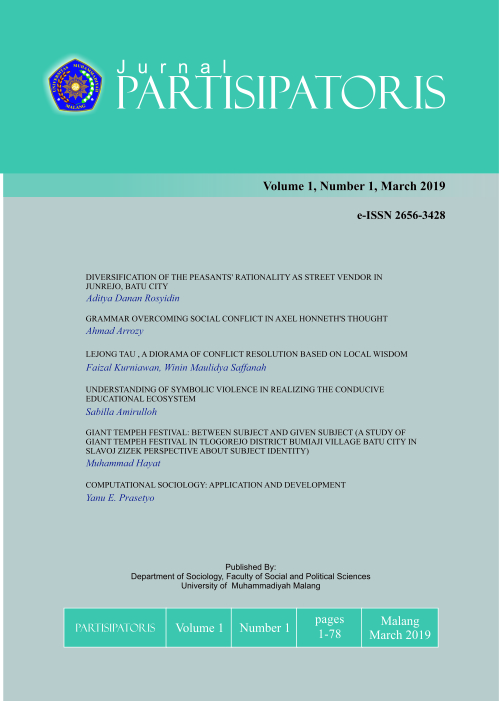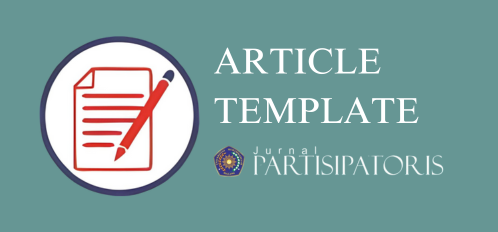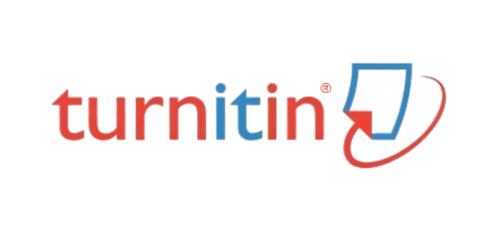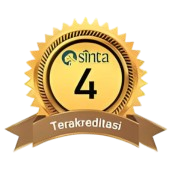LEJONG TAU, A DIORAMA OF CONFLICT RESOLUTION BASED ON LOCAL WISDOM
DOI:
https://doi.org/10.22219/jp.v1i1.7789Abstract
This study aims to find out in depth the meaning of Lejong that defines “visiting”,
typical local wisdom of Manggarai. Lejong is convinced as an effort to solve the
conflict faced by Manggarai’s students in Malang. This research was conducted on
some of Manggarai’s student communities in Malang, including IKAMMA, IMAMA,
and others. This research focused on students who carried out the only Lejong
activities, opened in depth about the meaning of Lejong as the local identity of the
Manggarai community, especially in conflict management.
The results of this study are the existence of local values accepted in the identity of
the Manggarai community that has been rooted for a long time ago. It is undoubted
that the role of senior in upholding the local identity of the Manggarai community,
who are overseas, is also one of the “effective ways” in resolving conflicts that
occur between Manggarai’s students in Malang. This research is limited only to
the Manggarai’s students. The hope of this research is to contribute to the study of
literature on conflict resolution based on local wisdom.
Downloads
Downloads
Published
How to Cite
Issue
Section
License
Authors who publish with Jurnal Partisipatoris agree to the following terms:
- For all articles published in the Jurnal partisipatoris, copyright is retained by the authors. Authors give permission to the publisher to announce the work with conditions. When the manuscript is accepted for publication, the authors agree to the automatic transfer of non-exclusive publishing rights to the publisher.
- Authors retain copyright and grant the journal right of first publication with the work simultaneously licensed under a Creative Commons Attribution-ShareAlike 4.0 International License that allows others to share the work with an acknowledgment of the work's authorship and initial publication in this journal.
- Authors are able to enter into separate, additional contractual arrangements for the non-exclusive distribution of the journal's published version of the work (e.g., post it to an institutional repository or publish it in a book), with an acknowledgment of its initial publication in this journal.
- Authors are permitted and encouraged to post their work online (e.g., in institutional repositories or on their website) prior to and during the submission process, as it can lead to productive exchanges, as well as earlier and greater citation of published work (See The Effect of Open Access).












